Here are the three key things I do to create a successful learning environment for my students:
Connection:
Sitting down and taking advice from someone is a surprisingly intimate process. It’s hard to learn from someone you’re not certain has your best interests at heart, and even harder to communicate to them what it is you need.
That’s why I believe the best learning starts with making genuine personal connections that engage students in a meaningful way. I work hard to ensure my students feel heard, supported, and comfortable. That way, they can communicate to me their specific learning needs, so when it comes time to listen, they know I truly have their back.
Students often tell me they feel very motivated and confident after meeting with me, and I believe this is why!
Curiosity:
A lot of students dislike school. Some even believe they dislike the very concept of learning.
I love to learn. Over the course of my life I’ve learned a lot of things about a lot of things: from quantum mechanics to music theory, genetic engineering, and obscure cinema. I enjoyed school for the most part, but not really because of what was being taught. Rather, what drove me was my own personal curiosity in the subjects.
Curiosity is the source of all learning, which is why I always take the opportunity to engage with students outside of the narrow curriculum we’re dealing with, whether it be by sharing some of my personal knowledge on the subject or indulging a student’s line of questioning to the very end of my abilities (and sometimes even well past that).
I believe fostering curiosity is how you inspire a love of learning.
Fundamentals:
In an attempt to learn for a given class students often dedicate an immense amount of time to the act of memorizing large sets of disparate facts. For a lot of students this is what learning really means, and while this approach can work, it’s often the least effective and most time consuming way to learn anything. You can take my word for it; it’s the only way I used to know how!
Thankfully, there’s a much better approach that took me years to learn: fundamentals. Most topics are self consistent, and operate on a shared set of principles. Understanding the fundamentals that drive the subject, whether it be electron bonding in chemistry, maximizing efficiency in biology, or order of operations in math, is how you increase critical thinking and understanding, and decrease reliance on rote memorization.
With this approach students naturally become more capable of learning on their own and gain confidence in their abilities. I really could go on about how effective this methodology is, but you get the idea!
Using these three principles I’ve found great success in motivating my students and bringing out their absolute best.
If this sounds like something you’d like for your own student, give us a call or text anytime 858-735-6996 to get started today!




